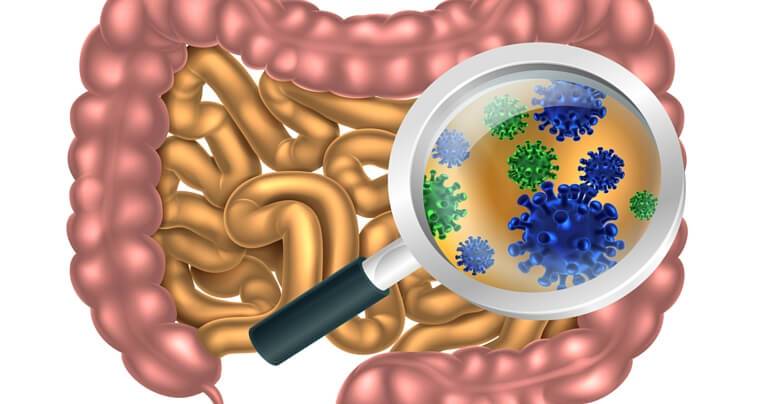SHARES

‘Gut health’ encompasses several positive features of the gastrointestinal (GI) tract, including:
- The effective digestion and absorption of food;
- The absence of illness in the stomach and intestines;
- Normal and stable intestinal microorganisms;
- Strong immune system; and
- A state of well-being.
The GI barrier, a multilayer system that protects the inner gut microorganisms from external elements, appears to be the key to healthy gut. The risk of developing infectious, inflammatory and functional GI diseases is increased by having an impaired GI barrier. Besides that, any defects in GI barrier can result in diseases unrelated to the GI tract, which includes immune-mediated and metabolic disorders.
What is the effect of poor gut health?
Maintaining gut health is essential because GI diseases can be bothersome, or even fatal. Irritable bowel syndrome (IBS) can reduce the quality of life. Characteristic symptoms of IBS are abdominal pain, constipation and diarrhea. Another common GI disease is colorectal cancer. Nevertheless, up to 90% of colorectal cancers can be prevented with regular screening colonoscopy every five years for those above 50 years old.
What are the tests to determine gut health?
If gut discomfort arises, consult a GI specialist for further investigations to make an accurate diagnosis for early treatment. Tests that may be performed are blood tests, abdominal ultrasound and endoscopy. Other tests to measure gut health also include the symptoms score test, which evaluates abdominal pain, heartburn, bloating, flatulence, bowel movements, and stool quality. Meanwhile, hydrogen breath test is indicated to identify abnormal bacterial colonisation in the intestines.
Conclusion:
Nevertheless, it is more important to support and maintain good gut health than to pursue treatment when the GI system breaks down. A healthy, balanced diet that includes high fiber content is recommended. Avoid excessive red meat, alcohol and tobacco. Engage in exercise and meditation regularly to relief stress. Consuming probiotic and prebiotic supplements also helps to encourage good gut health. Lastly, attend periodic screening endoscopy to identify pre-cancerous lesions and polyps in the stomach and colon for timely treatment.
This article was contributed by PanAsia Surgery Group. PanAsia Surgery Group is a multi-specialty surgery group practice that provides personalised and comprehensive care for emergency and elective surgeries. You can find and book an appointment with any of PanAsia Surgery Group’s consultants with GetDoc at these clinics:
- The PanAsia Surgery Group (Novena)
- The PanAsia Surgery Group (Mt Elizabeth Orchard)
- The PanAsia Surgery Group (Parkway East Medical Centre)
Reference
by Joanne Lee
Multipotentialite. Loves creating and seeing ideas come alive. View all articles by Joanne Lee.





